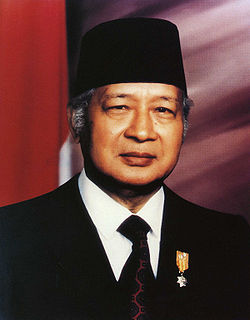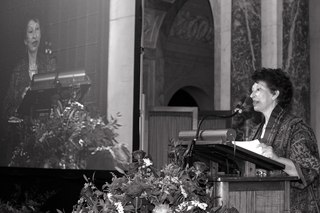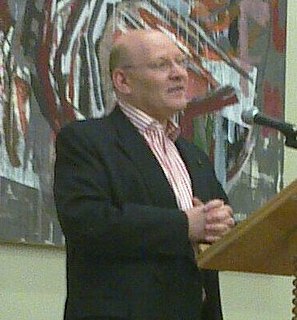A Quote by Ibrahim Hooper
There's a sense of being under siege in many Muslim communities. People just assume there are agents or informants in their mosque now. It's a fact of life.
Related Quotes
Talk to me 20 years ago and I had a complete sense of illegitimacy as an American Muslim. I felt like I wasn't authentic. But I don't understand and I don't believe or subscribe to this idea that I don't have a right to speak as a Muslim because I'm an American. Being Muslim is to accept and honor the diversity that we have in this world, culturally and physically, because that's what Islam teaches, that we are people of many tribes. I think the American Muslim experience is of a different tribe than the Saudi Muslim world, but that doesn't make us less than anyone else.
Overly simplistic suggestions that we ban people from entering this country, based on religion, or ban people from an entire region of the world is counterproductive. It will not work. We need to build bridges to communities, to American-Muslim communities right now, to encourage them to help us in our homeland security efforts.
I think it's dangerous to look at every Muslim woman the same and to assume that every experience within the religion is the same, meaning that there are going to be strong and assertive women that are Muslim. There's going to be a more passive woman who just so happens to be a Muslim. There may be a funny, big-personality woman and she's Muslim.
But the fact is that when wine is taken in moderation, it gives rise to a large amount of breath, whose character is balanced, and whose luminosity is strong and brilliant. Hence wine disposes greatly to gladness, and the person is subject to quite trivial exciting agents. The breath now takes up the impression of agents belonging to the present time more easily than it does those which relate to the future; it responds to agents conducive to delight rather than those conducive to a sense of beauty.
We studied a mosque, and this is when we were at Notre Dame, and in this mosque they had people from a variety of countries, most of them immigrants. In some of the countries, when you go into a mosque you remove your shoes. To not do so could be punishable even by death in that nation. In other countries, it would be a great offense to remove their shoes when they come into the mosque, a sign of disrespect.






































